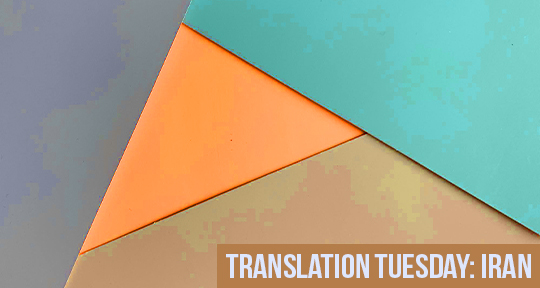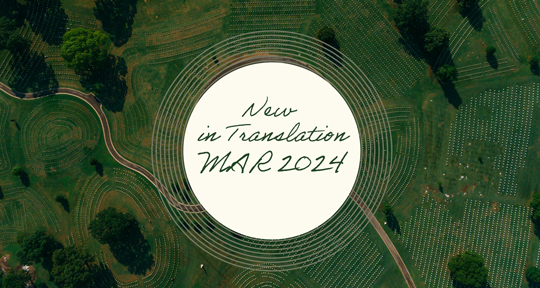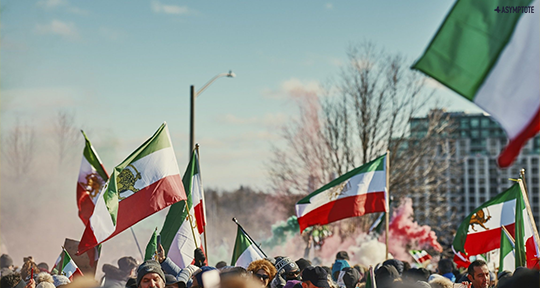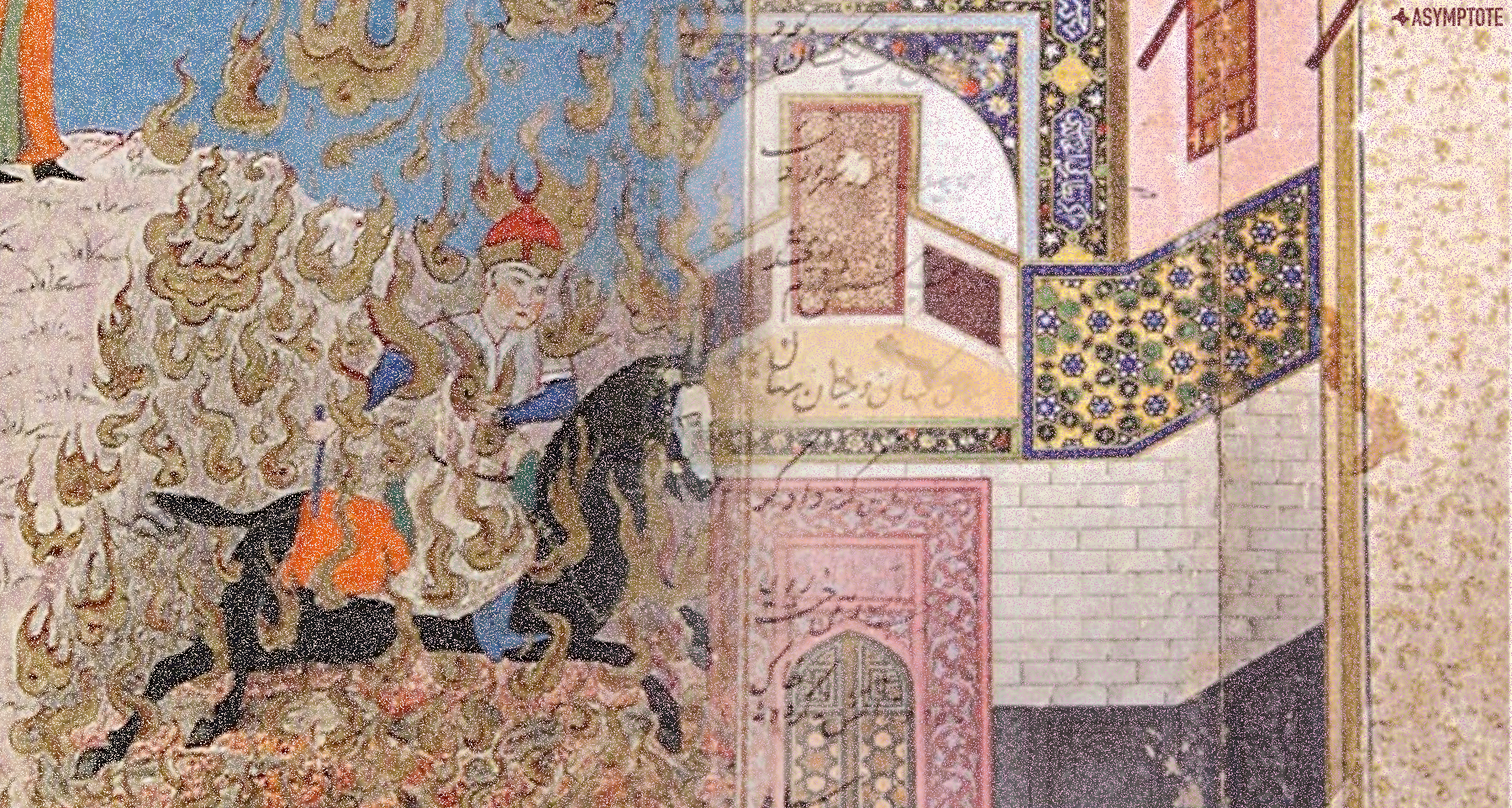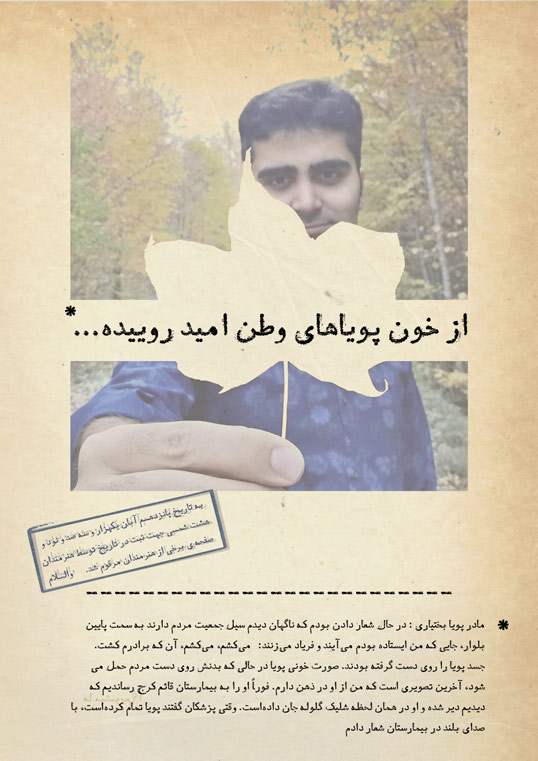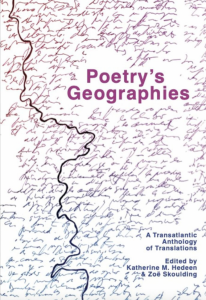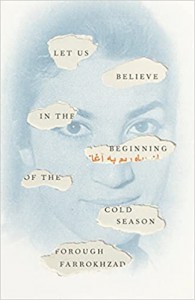This Translation Tuesday, we present new hybrid, experimental fiction from Iranian author Nasim Vahabi whose debut novel in French Je ne suis pas un roman (I am not a novel; Tropismes, 2022) was released to critical acclaim. Abstract in a generative way, A Triangle with Four Sides cleverly interrogates the notion of resistance. In each of the four angles that mirror and complement one another, we find a progression to expose and reconcile the many absurdities in everyday life and a wry attempt to rise above micro-oppressions. This is a well crafted puzzle of a piece that will definitely linger in the mind. Read on!
Geometry is more than a mathematical concept. It is the art of observation and comparison.
For example, the line—alone, single, and aimless—has geometry wrapped around its finger. It gets along with any shape. The line is the circle’s entire existence. Sometimes smooth or curvy, straight or zigzagged, sometimes boring and stretched out into eternity, other times stupidly coiled like a snake or long and high maintenance, and sometimes, like a hyphen, humble and content with its small lot in life.
The line is its own boss. When it wills, it folds over, straightens up, creates a sharp edge, or lies parallel with itself, but if it lies parallel with another line, it is liberation and generosity.However, once it decides to stretch even longer, its determination gets on your nerves. It seems something must interfere to save the line from itself. Perhaps self-replication? Or breaking into parts to create an independent entity such as a triangle—the perfect form, an archetype of stability. The square has always been envious of the triangle’s fortified flexibility. With three sides equal in length, whenever it wills, with a delicate, subtle movement, it could demonstrate equilaterality. But the square is heavy. Its movements are coarse. And yet, all it needs is to look at the rectangle or trapezoid to realize it could be worse: cumbersome and uneven. It could always be worse. The rectangle is the master of optimism. Rectangle considers itself the best of all shapes. Hates others and takes pride in having four sides staring at each other. Fanatic and self-absorbed, it only socializes with the rhombus, which is always uncomfortable and self-loathing. The rhombus is the shiest with the least confidence among all shapes: an unlucky rectangle.
The line would have never imagined having such offspring. The line is the rebellious child of two insignificant points that came into existence because of one movement of a pen. No one would ever know if that single movement was intentional or accidental. Right from the start, the point knew the line would not be satisfied with having a simple destiny as, let’s say, an em dash. The points knew the line’s ambition would make all the other points proud one day. Yes, the point—despite its insignificance—was aware of all these.
The geometry family, like all families, has its own untold stories. Geometry is life’s summary despite all its good or bad surprises.
I call my story triangle in honor of geometry, and I know that all it takes for my story to fall apart and turn into a coarse, inflexible square is one broken angle.

